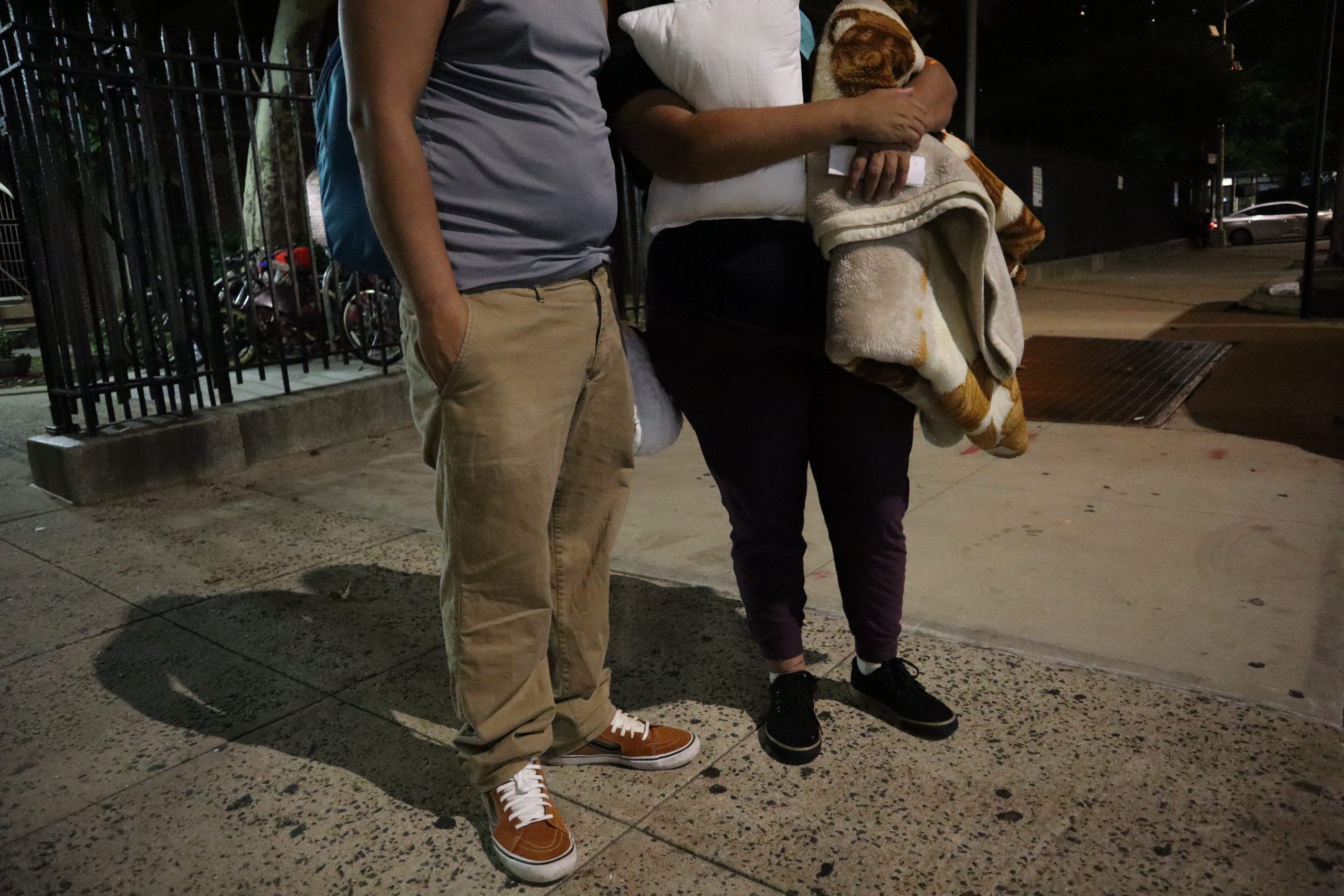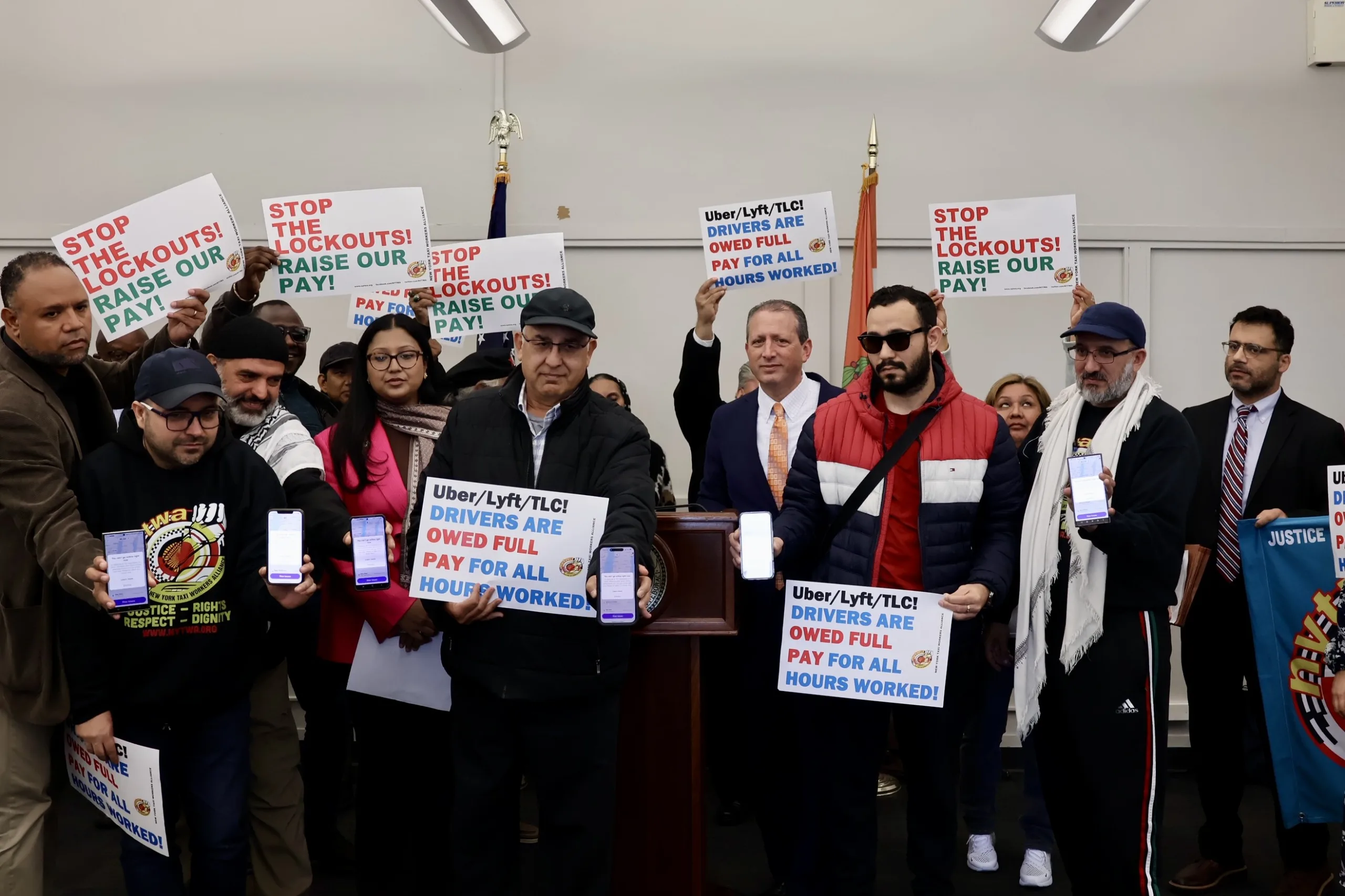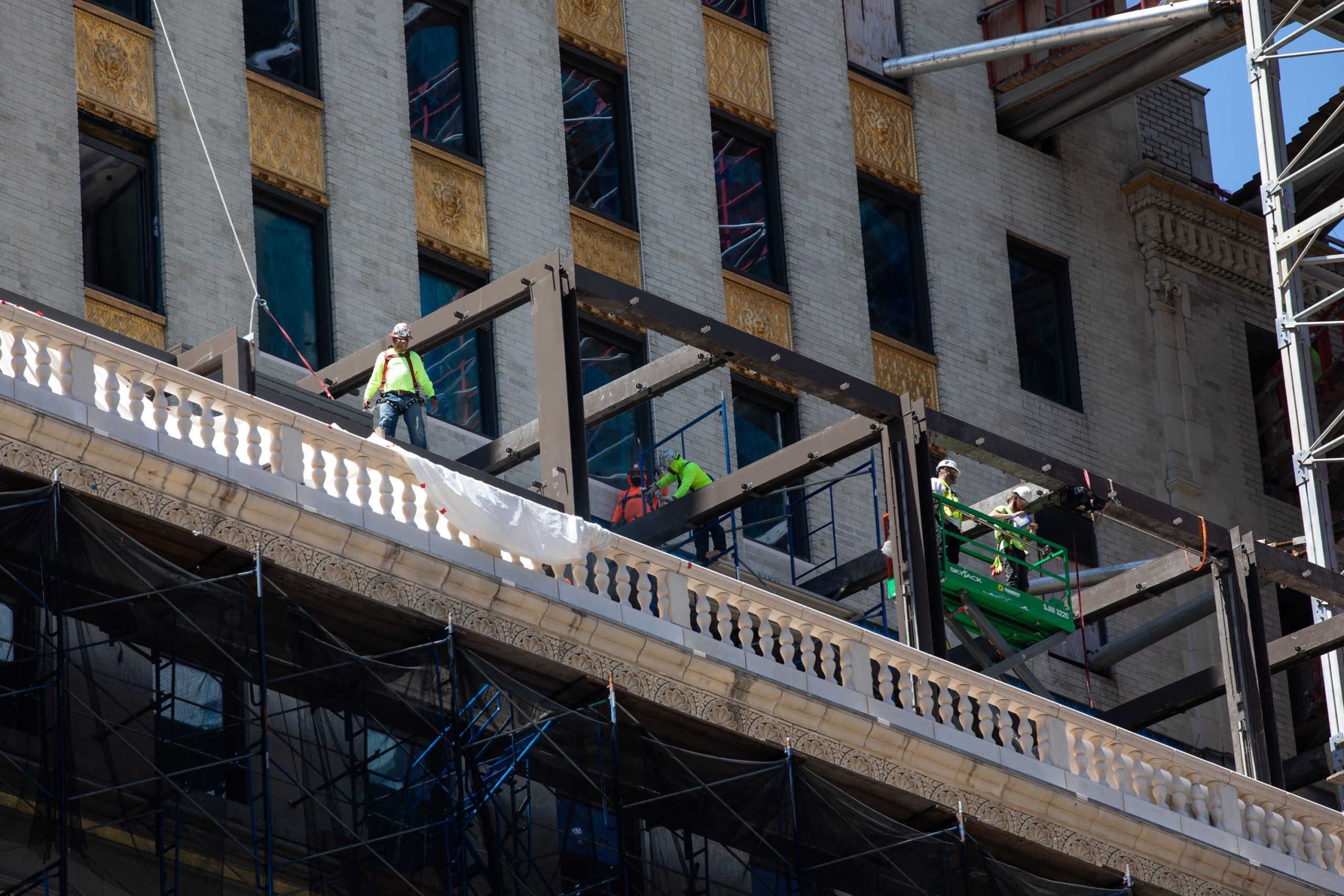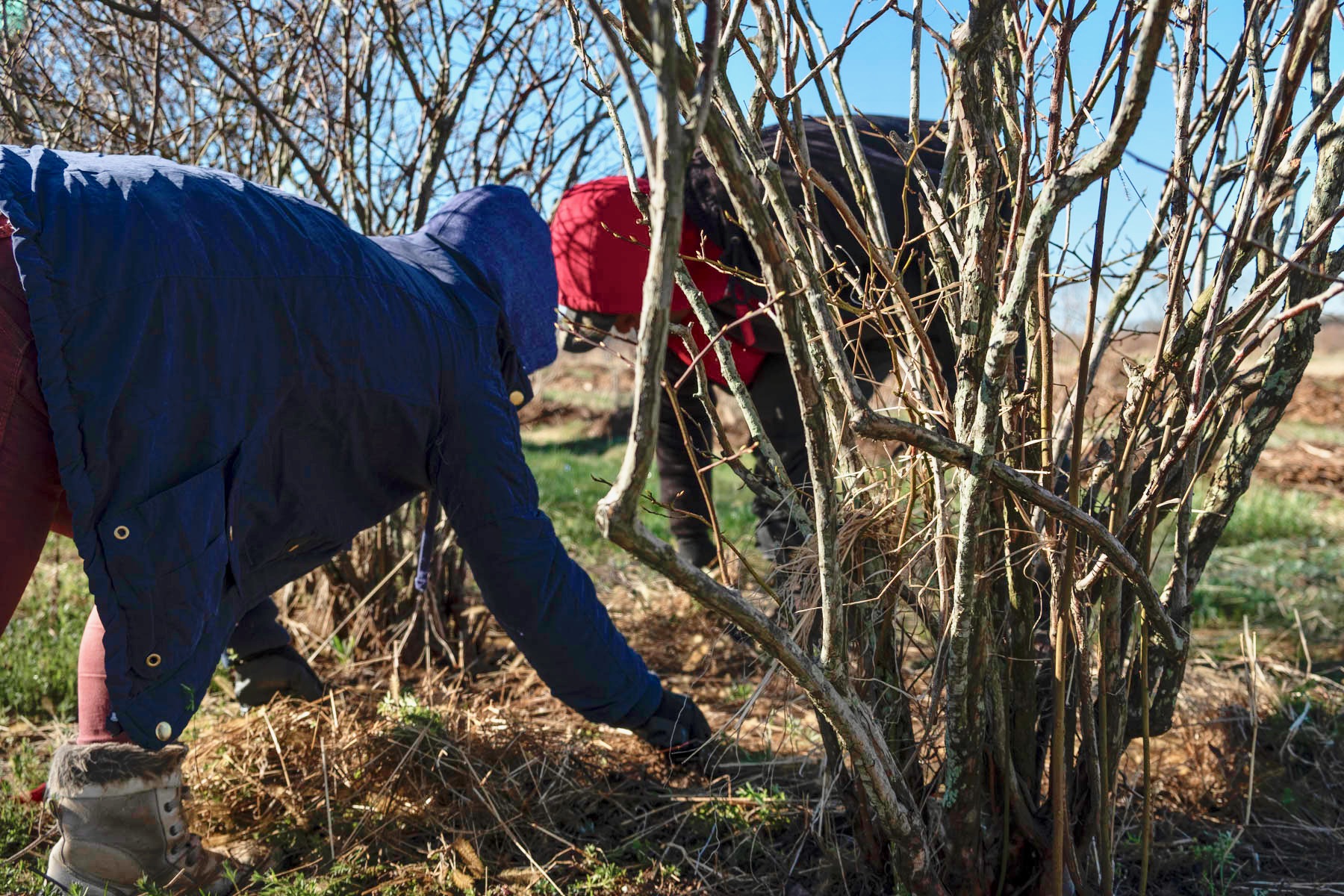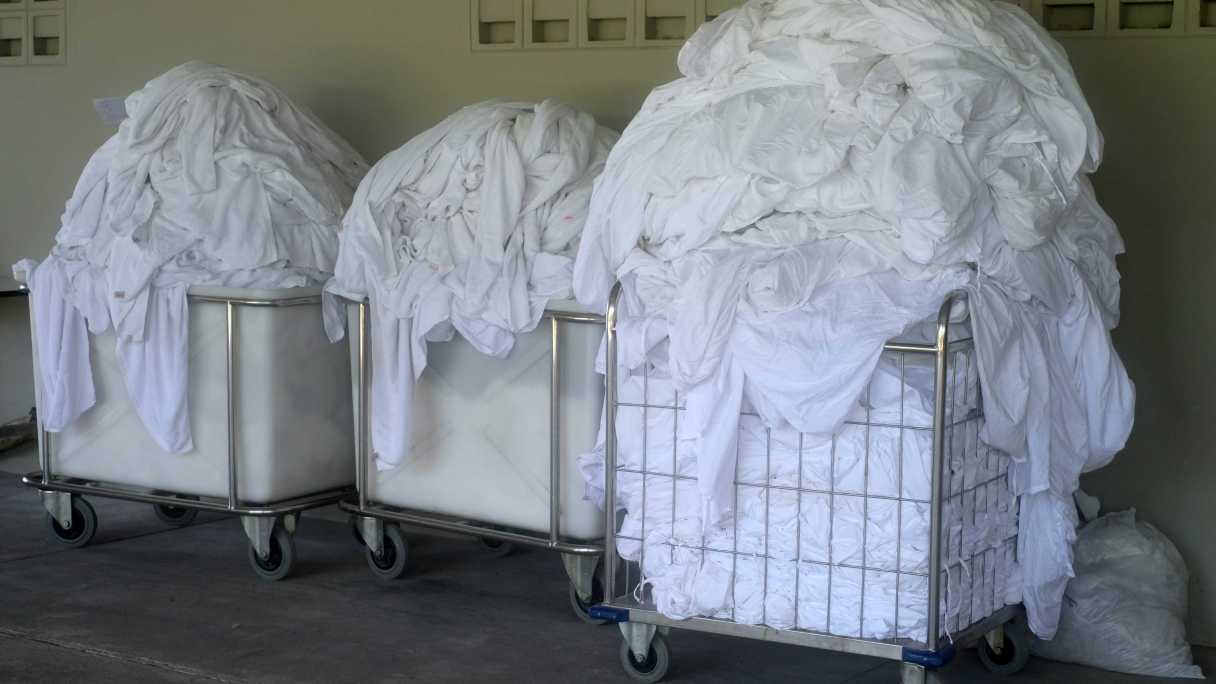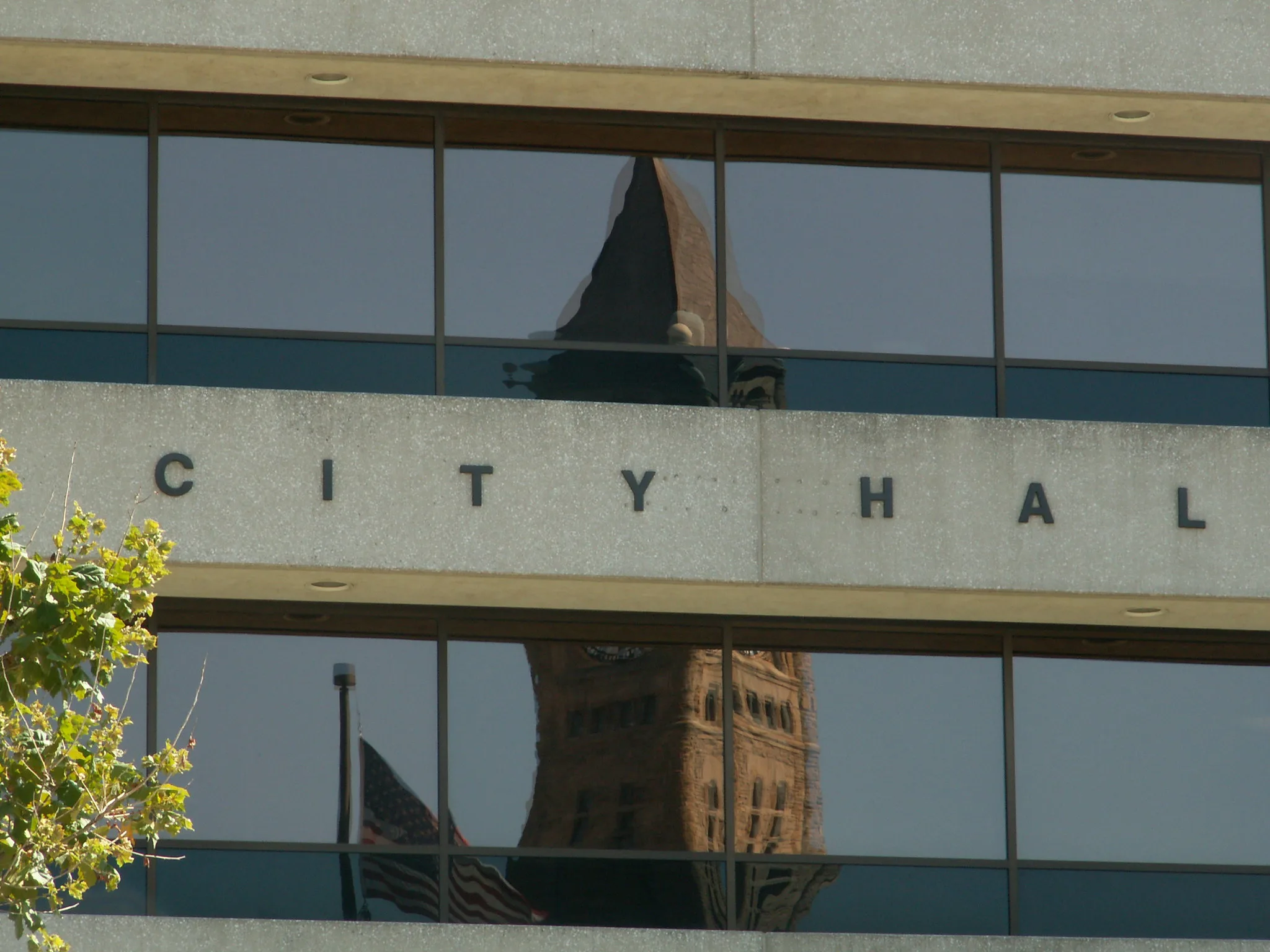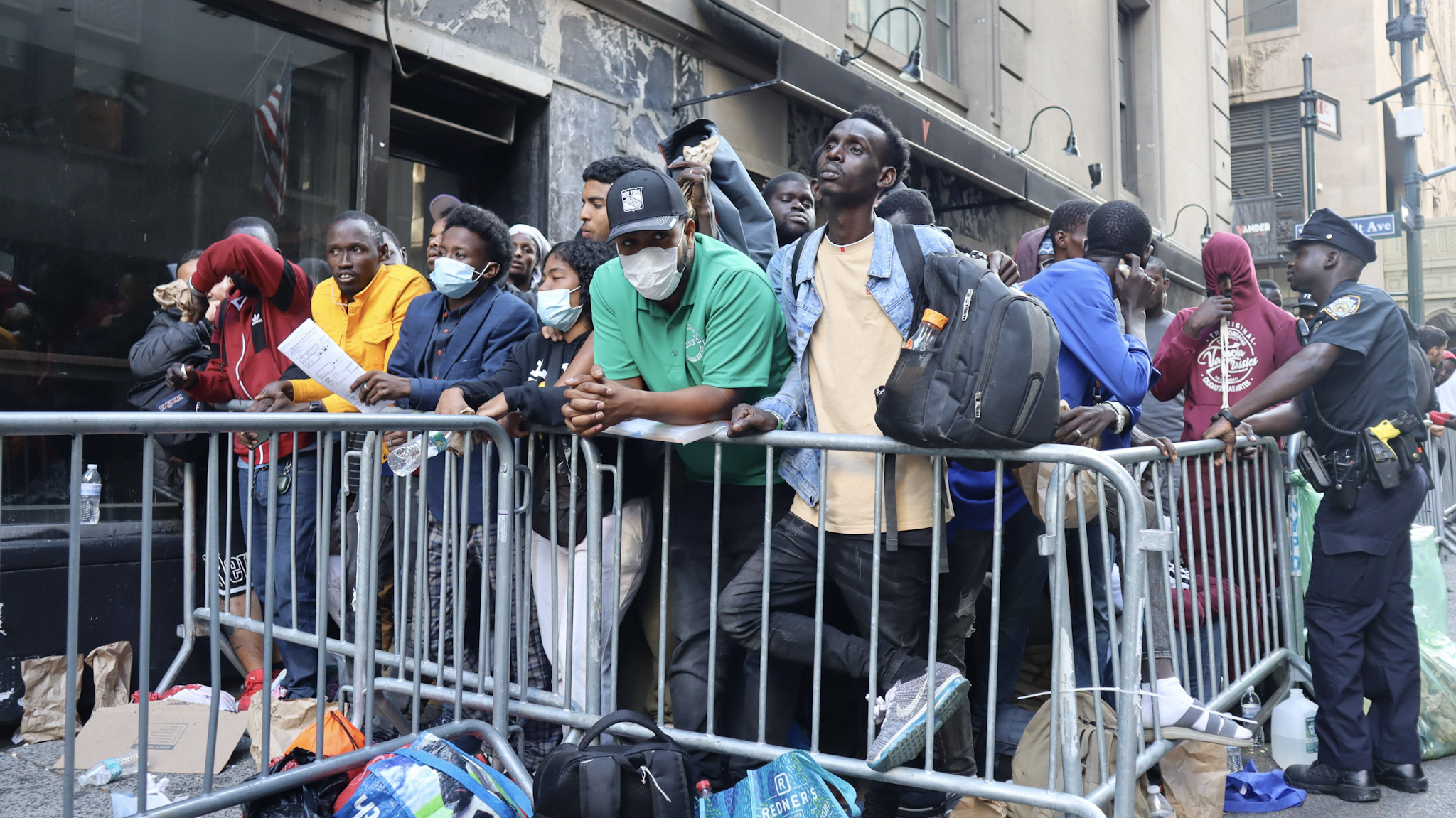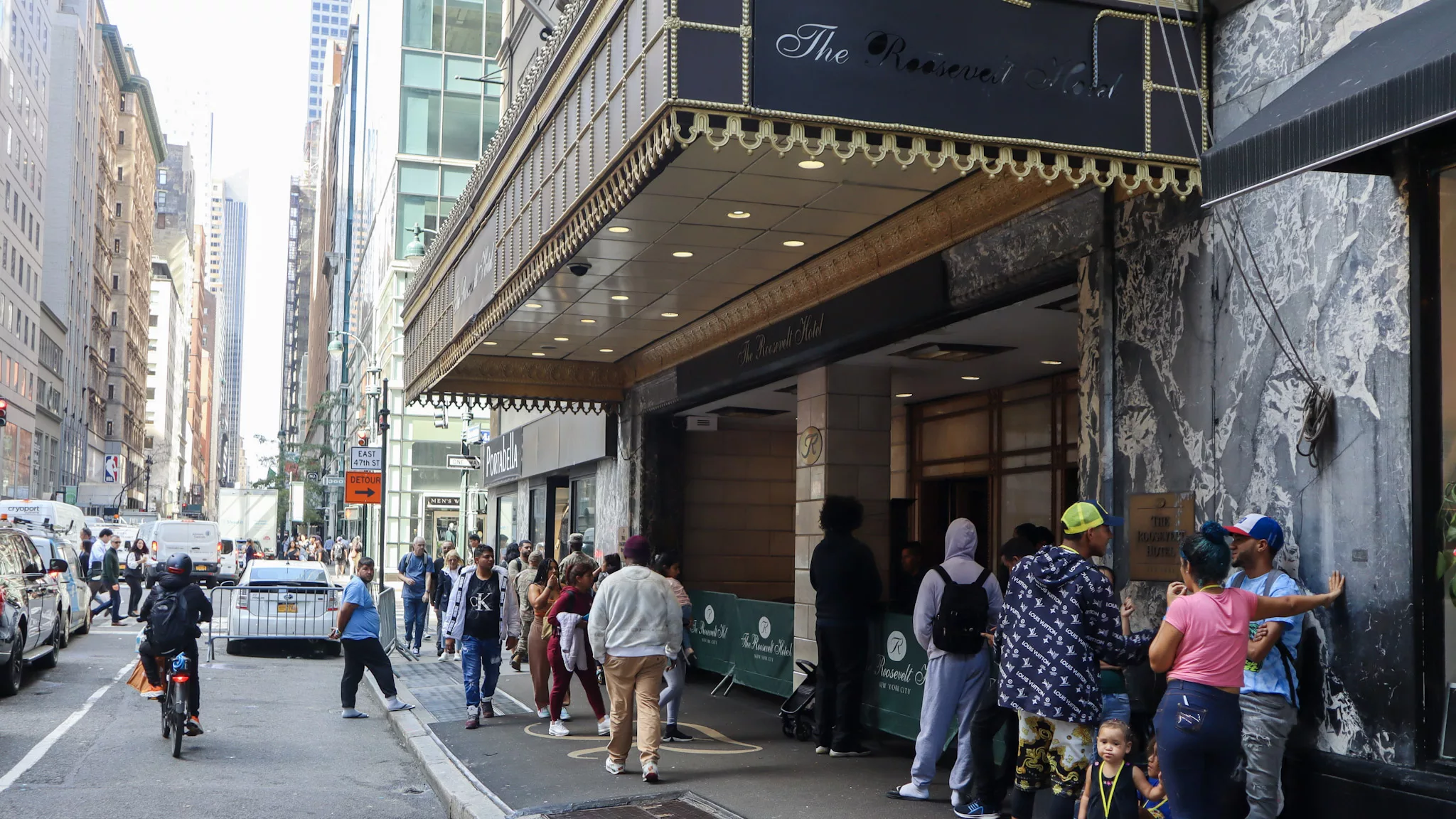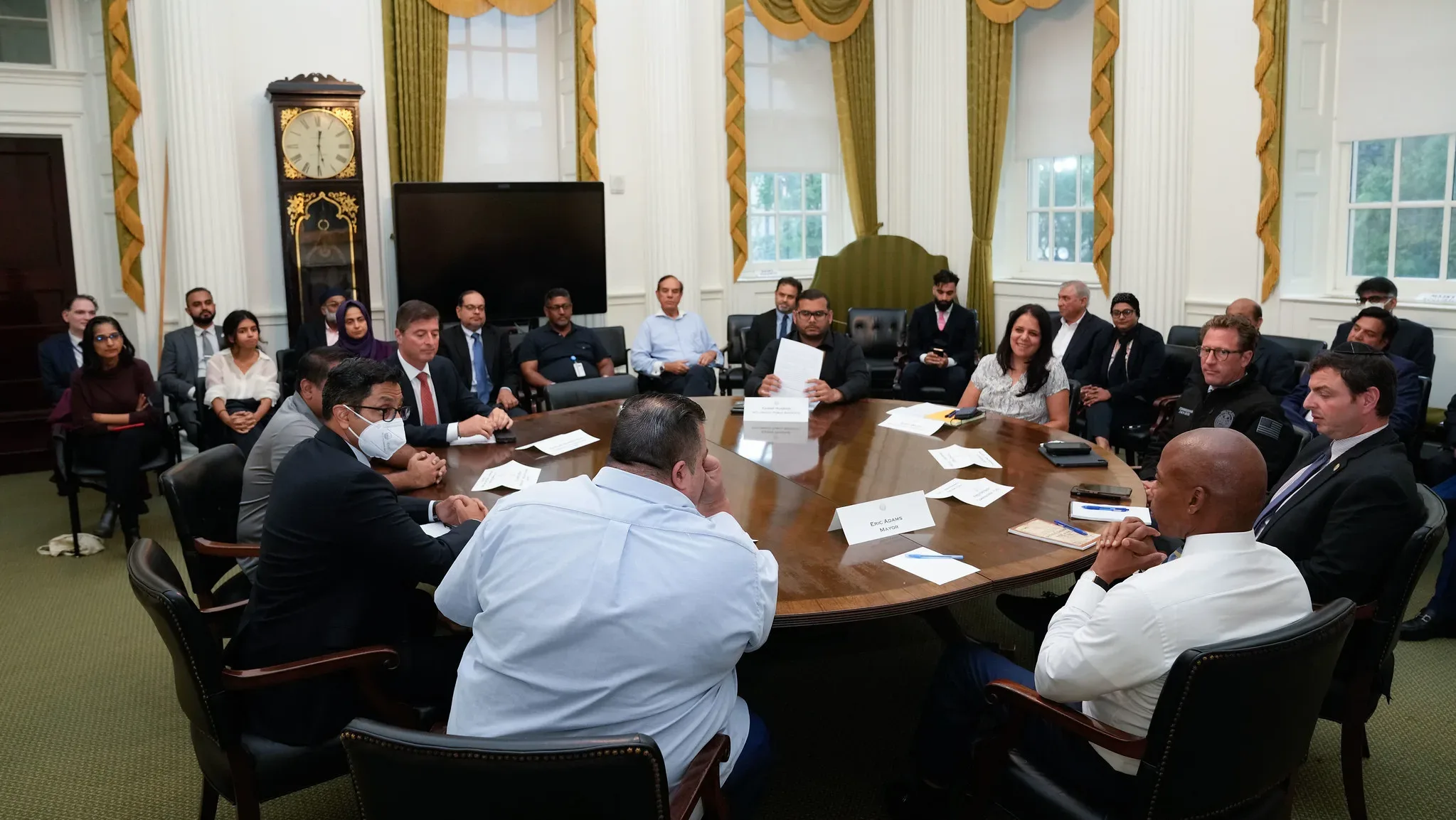It was almost midnight on Thursday, and Alexandra and Jorge were still not sure if they would be able to find a bed to sleep in that night. The migrants stood alone outside a shelter in Brooklyn, each clenching a blanket and carrying small backpacks with just a few belongings that remained from their nearly two-month-long journey from Venezuela and through the United States to NYC.
It was the second shelter they had tried that day, after spending about five exhaustive hours enduring intake at the notoriously dangerous 30th Street Men’s Intake Shelter in Manhattan.
“We are so tired…and we are really hungry,” Alexandra said before she entered the Brooklyn facility.
The couple, who only used their first names for privacy reasons, had arrived in New York City around midday on a bus from Texas. With help from a fellow Venezuelan they had met along the journey and a mutual aid group, they were given transportation, food, and a place to shower in the Bronx before heading to intake in Manhattan.
There, they sat through interviews and were shuffled from room to room, they said.
“We were scared to stay there, where we were,” Alexandra, 32, said about the 30th Street shelter.
Also Read: As Asylum Seekers Arrive in NYC, Many Struggle to Get on Their Feet
But around 10 p.m., they were told they would have to go to a shelter in Brooklyn, they said. They were abruptly given five dollars and told to make their way to the facility without much direction, the couple said. Finally, almost 12 hours after arriving in New York, they were placed in the shelter together.
Alexandra and Jorge’s scramble to find housing the day of their arrival is not unique among the approximately 6,000 migrants who’ve arrived in NYC in recent months and have gone through intake, including those bused to the City by Texas Governor Greg Abbott.
At the beginning of August, the City promised to establish a centralized NYC intake center for newly arriving migrants. It would provide migrants with an alternative to the already overwhelmed shelter intake centers of NYC and address migrant-specific needs such as access to community resources, schools and health care.
The Mayor’s Office declined to comment on the record about the status of this centralized intake center.
Migrants who spoke with Documented recounted being turned away at night from NYC shelters that had already admitted them. Others were driven to sleep on the street rather than be separated, because they lacked the proper paperwork to prove they were together. Some, like Alexandra and Jorge, were told late in the evening to travel across boroughs to shelters that had capacity, with minimal transportation or directional assistance.
The City’s shelter population has dramatically risen this year, from 8,455 families on Jan. 2 to 9,375 families as of July, according to a City Limits tracker, due in no small part to soaring rents and increasing evictions. That has led NYC mutual aid networks, including South Bronx Mutual Aid, to set up sanctuaries for migrants. They’ve been providing shelter and other necessities for those unable to secure assistance through the City, and for migrants who have been assaulted or felt unsafe at the City-run shelters, according to Ariadna Phillips, an organizer with South Bronx Mutual Aid.
On Thursday afternoon, a group of migrants — including Alexandra and Jorge — made their way from a sanctuary in the Bronx to the shelter intake at E. 30th Street, in Manhattan, traveling in cars together down FDR Drive, unsure of what would await them at the facilities.
While they’ve been together for seven years, Alexandra and Jorge are not yet married and have no documents to prove their partnership. They’ll eventually need to prove they’re a family unit to remain together at a shelter, and have to get a marriage certificate to show they’re together, according to paperwork given to them at the 30th Street shelter.
“If we don’t have a place to live yet, we’ll have to try and stay together,” Alexandra said on Thursday, worried already about whether they would be able to get their documents on time.
Kathryn Kliff, a staff attorney with The Legal Aid Society, said the shelter system gives couples time to get a domestic partnership or marriage certificate. And if individuals are married but don’t have paperwork, “the shelter system is supposed to help them get it,” Kliff said. “But it does sometimes take an advocate getting involved to resolve it.”
But with few people helping them navigate the complex web of red tape that engulfs the archaic shelter system, many migrants feel they have limited options for where to stay in NYC.
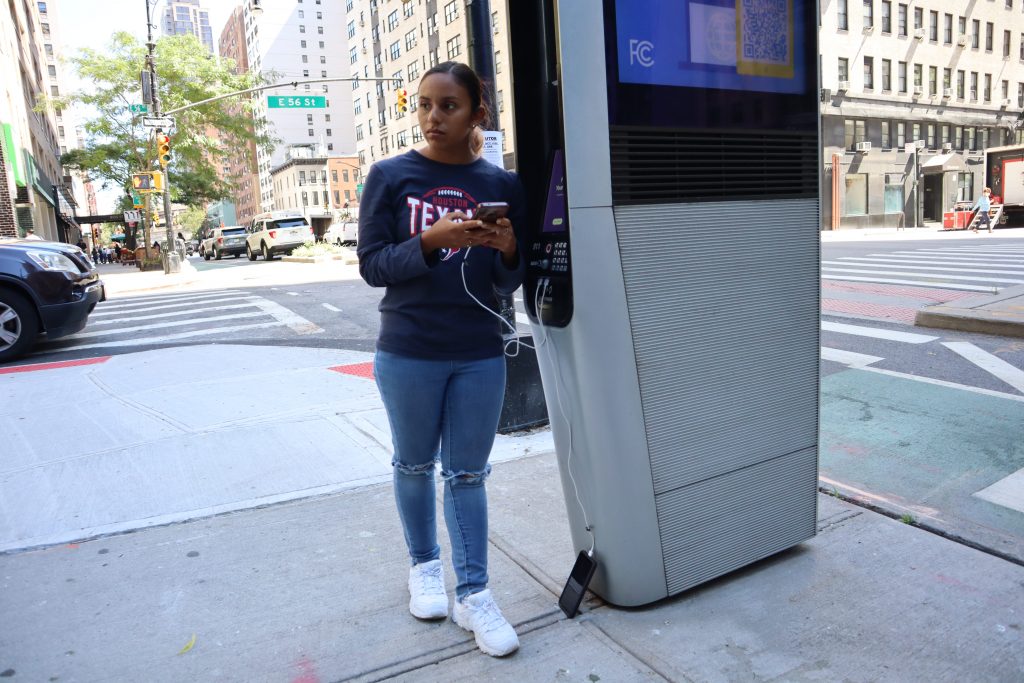
Brisvanny Zambrano, 25, arrived in New York ten days ago. Along with her partner, she slept on the streets of Manhattan for several nights after the couple was denied intake at a shelter together because they did not have the paperwork to prove their relationship, she said. They opted to sleep outside rather than be separated. It took days to finally find shelter.
“We haven’t had a place to stay — we’re in the park,” Zambrano said in an interview outside of the Catholic Charities of the Archdiocese of New York office on Tuesday, before the couple was admitted to a shelter. They only had some clothes and some sheets they covered themselves with when they were outside, Zambrano said.
“We didn’t think that a document would be necessary,” Zambrano said about the proof of partnership she said she was asked for. “And when we got here it was like ‘wow, what do we have to do to get that document?”
The New York City Department of Social Services said it’s not department policy to separate couples and families.
“We’ve reminded staff at intake of this policy and that many asylum seekers arriving may not have the right documentation, and directed them to place people based on their self-reported family status,” a DSS spokesperson said. “As this is a new challenge, any issues that have arisen we have addressed immediately. We have heard reports of families being separated in Texas, which is very alarming.”
According to a City Council source who spoke on the condition of anonymity, in a closed meeting with members of the City Council on Thursday, the Mayor’s Office of Immigrant Affairs and the Department of Homeless Services both denied that families are being separated. The source also said that both agencies claimed there are no capacity issues in the shelter system.
Meanwhile, Mayor Eric Adams has continuously stressed that the City is doing all it can to support migrants as they arrive in NYC.
“I don’t think anyone could have been better prepared for this influx than what we have. We had a continuous display of humanitarian assistance as our asylum seekers arrived here, and I’m really proud of the response of all of our multi-agency interactions,” Adams said during a recent appearance on WCBS 880.
“We are going to continue to do our job and follow the law on ensuring that those who come here to our city, a right to shelter city, that they receive the services they deserve.”
But Kliff, from the Legal Aid Society, said that she has met families that were separated because they don’t meet the DHS definition of a family — for example, a grandmother and nephew who were directed to a singles shelter, she said.
Even those who haven’t faced potential separation at intake have also had to spend nights on the street.
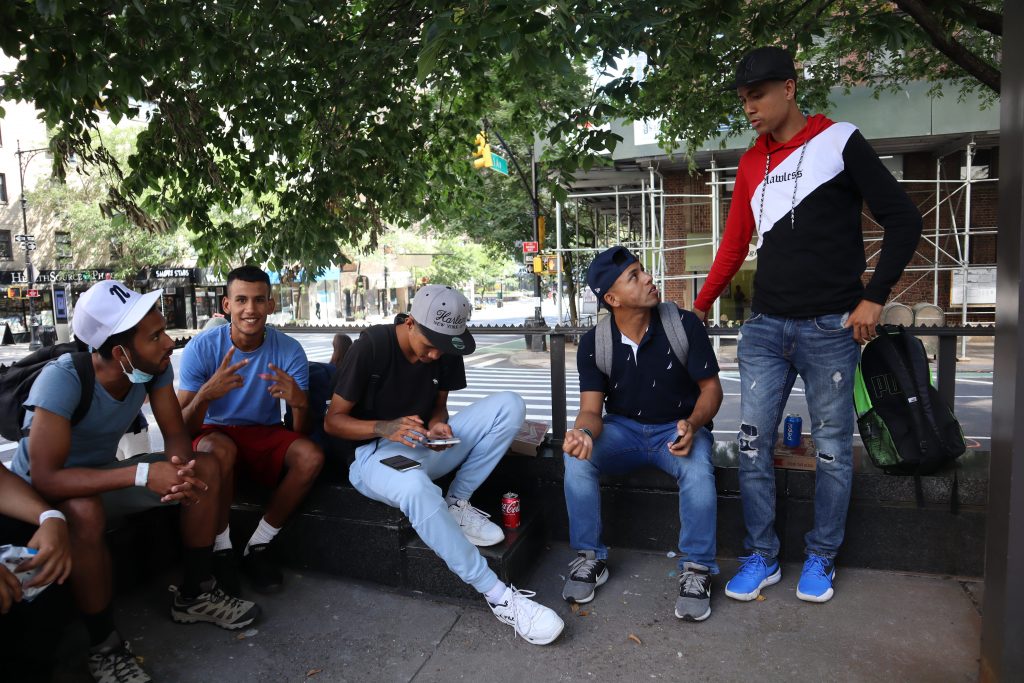
On Friday, two brothers and their friend sat sharing some slices of pizza outside of the offices of Catholic Charities. The group had been bused from Texas to Washington, D.C., and made it to New York with the help of a local aid organization.
They arrived in New York about a month ago, they said, and slept on the street outside in a park on their first night in the City. They said they were told there was no room for them at the 30th Street shelter when they arrived for intake.
“We didn’t have anything,” said 20-year-old Cesar Azuaje. “We were just ready to sleep anywhere since we were so tired.”
Also Read: How To Access Emergency Shelter in NYC
The next day, they made their way to the Schwartz Assessment Shelter on Ward’s Island, at the direction of staff at the 30th Street shelter, they said. While at Schwartz, they were sleeping with 15 to 20 other people in a room, they said.
But although they were taken in at the shelter, two of them later had to sleep on the street again, they said.
Antonio Azuaje, 32, Cesar’s older brother, and Ernesto Gomez, 29, a neighbor of theirs in Venezuela, had been out looking for work one day, and returned to the facility around 11 p.m, they said. But once they arrived, they were told their beds had been taken since they had arrived late. The two men had to sleep on a bench near the facility.
“They took me out of the shelter — where was I supposed to go?” asked Antonio Azuaje. “They told me there were no beds.
It’s not easy. You don’t know whether to laugh or cry.”
The Mayor’s Office declined to comment on the record about individuals being told their beds were no longer available. Earlier this summer, the City extended curfews for the New York City shelter system to 11 p.m.
New York City’s “right to shelter” mandate means the city is “required to provide shelter to families and individuals who lack housing alternatives,” according to the Department of Homeless Services.
The City is required by law to provide shelter to families who show up at the Prevention Assistance and Temporary Housing intake center in the Bronx by 10 p.m., and they must be placed in a shelter by 4 a.m. But the City has come under scrutiny for failing to properly shelter migrants, with some having to sleep on the floor of the Bronx intake center.
Back in Brooklyn, as the clock edged close to midnight, Alexandra and Jorge were finally given a room at the shelter. But despite Alexandra’s hunger — she had only eaten one meal that day — the shelter was no longer offering food.
Nevertheless, for both Alexandra and Jorge, who sold all of their belongings in Venezuela to make the trek to the United States through the treacherous Darien Gap, the journey would be worth it if they could help their loved ones back home, including children they both had from previous partnerships.
“That’s the goal, to help sustain the people that won’t be able to get out of [Venezuela],” Alexandra said.
And as long as they stay together, they say that feels possible.
“We knew it was going to be hard [in New York], with everything we went through on the journey,” Alexandra said as she waited to be assigned a room at the shelter. “The main thing is that we didn’t want to get separated — psychologically, that wasn’t viable for us.”
